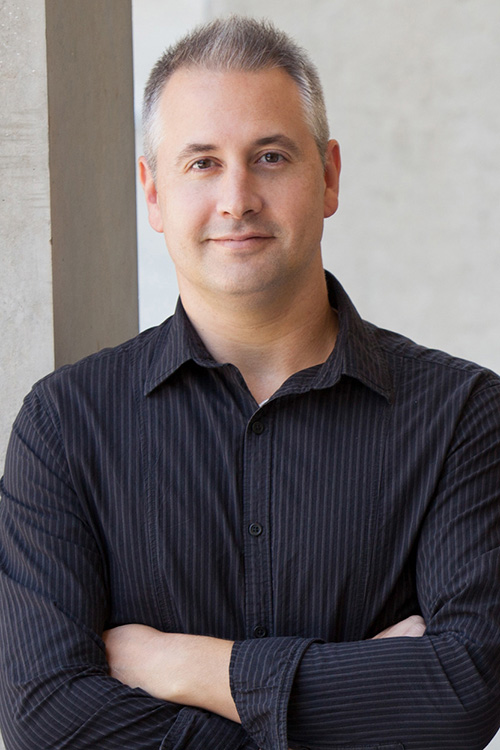FAYETTEVILLE, Ark. – University of Arkansas researchers Brian Kisida and Jay Greene describe how culturally enriching school field trips cause children to acquire “cultural capital” in the academic journal Sociology of Education.
Kisida is a senior research associate in the Department of Education Reform, and Greene holds an endowed chair in education reform. Daniel Bowen, a third co-author of the article, earned a doctorate in education policy from the U of A last year and now works as a postdoctoral fellow in sociology at Rice University in Houston.
The three published findings last year from their research on the impact of field trips to Crystal Bridges Museum of American Art in Bentonville, Arkansas. They found significant benefits for students beyond educational aspects. The students demonstrated stronger thinking skills, displayed higher levels of tolerance, had more historical empathy and developed a taste for being a cultural consumer in the future.
The new Sociology of Education article titled “Creating Cultural Consumers: The Dynamics of Cultural Capital Acquisition” focuses on how children acquire cultural capital when it is not provided by their families. The researchers’ Crystal Bridges study found the experience of visiting the art museum, which opened in 2011 in Bentonville, Arkansas, had the strongest impact on students from more disadvantaged backgrounds, such as students in rural schools and schools with higher rates of students who receive free or reduced-price lunches.
Sociologists have traditionally theorized that cultural capital, which includes the knowledge and skills used to appreciate and understand cultural information, is inherited early in life in advantaged families and acts as a gateway to children’s future academic and economic success, Kisida said.
Previous studies find strong connections between socioeconomic indicators, cultural capital and academic outcomes. Moreover, many studies have concluded that acquiring cultural capital when it is not provided by families early in life is challenging. As a result, cultural and social mobility is difficult for disadvantaged students.
The Arkansas researchers surveyed nearly 11,000 students and 500 teachers at more than 120 schools. They found that only one-third of the students had visited Crystal Bridges outside a school tour and less than 10 percent had visited any other art museum.
“We found that, when students are primed through some initial exposure to a cultural institution, this interacts with indicators of students’ disadvantaged status that are associated with low cultural capital and produces higher gains in attitudes toward future cultural consumption,” Kisida said. “Cultural mobility is likely driven, in part, by disadvantaged children becoming activated to acquire cultural capital, thus compensating for family background characteristics and changing their preferences.”
According to journal-ranking.com, Sociology of Education is the highest ranking educational research journal, with an acceptance rate of 4.8 percent and a 2.3 impact factor.
Contacts
Heidi Wells, director of communications
College of Education and Health Professions
479-575-3138,
